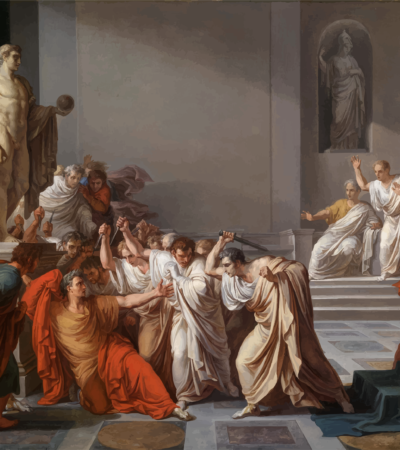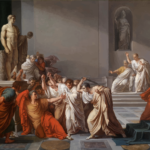In the bustling agora of ancient Athens, amidst the fervent debates and intellectual ferment, Epitecus emerged as a beacon of rationality and moral guidance. Born in the 4th century BCE, Epitecus was a student of the renowned Stoic philosopher Zeno of Citium. His philosophy centered on the pursuit of eudaimonia, or human flourishing, through the cultivation of virtue and the acceptance of fate.
Stoic thought, shaping the ethical framework of Roman Stoicism.
Epitecus emphasized the importance of reason and self-mastery in navigating life’s challenges, teaching his followers to focus on what they can control and to accept with equanimity that which lies beyond their power. His teachings, recorded primarily by his disciple Arrian in the “Discourses” and “Enchiridion,” exerted a profound influence on subsequent
Stoic thought, shaping the ethical framework of Roman Stoicism and echoing through the centuries to inspire thinkers ranging from Marcus Aurelius to modern proponents of virtue ethics. Yet, despite his enduring impact, Epitecus remains a somewhat elusive figure in the annals of philosophy, overshadowed by the more prominent Stoics who followed in his footsteps.
Just then she heard something splashing about in the pool a little way off, and she swam nearer to make out what it was: at first she thought it must be a walrus or hippopotamus, but then she remembered how small she was now, and she soon made out that it was only a mouse that had slipped in like herself.




Would it be of any use, now, thought Alice, ‘to speak to this mouse? Everything is so out-of-the-way down here, that I should think very likely it can talk: at any rate, there’s no harm in trying. So she began: Mouse, do you know the way out of this pool? I am very tired of swimming about here, Mouse! (Alice thought this must be the right way of speaking to a mouse: she had never done such a thing before, but she remembered having seen in her brother’s Latin Grammar, mouse!) The Mouse looked at her rather inquisitively, and seemed to her to wink with one of its little eyes, but it said nothing.













